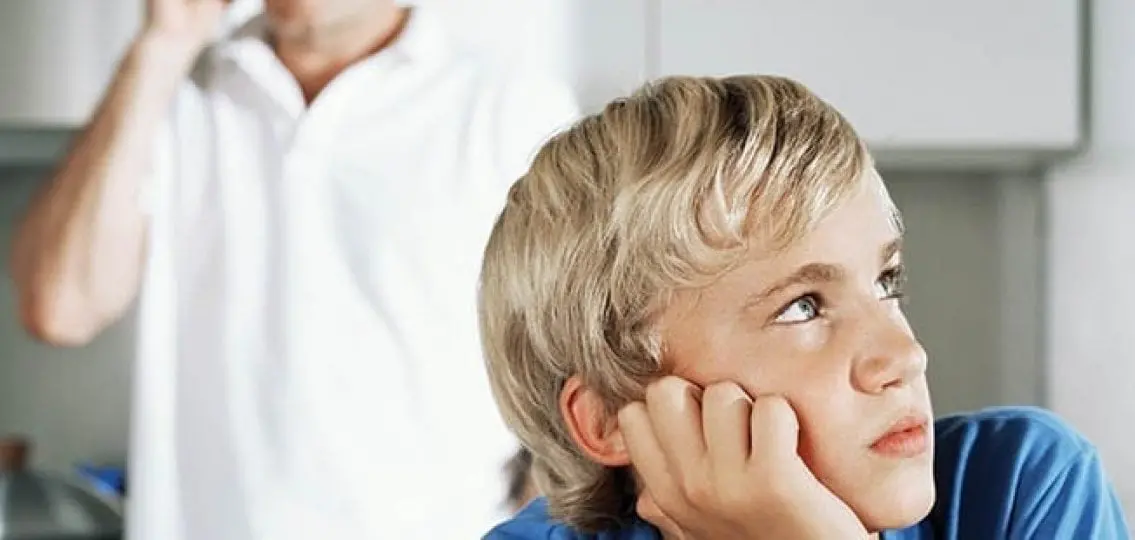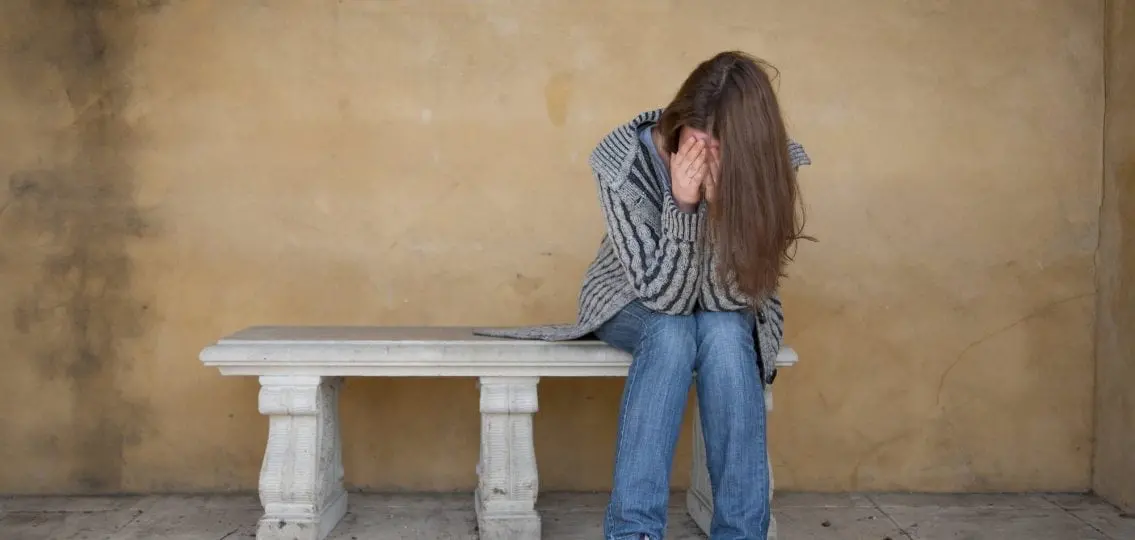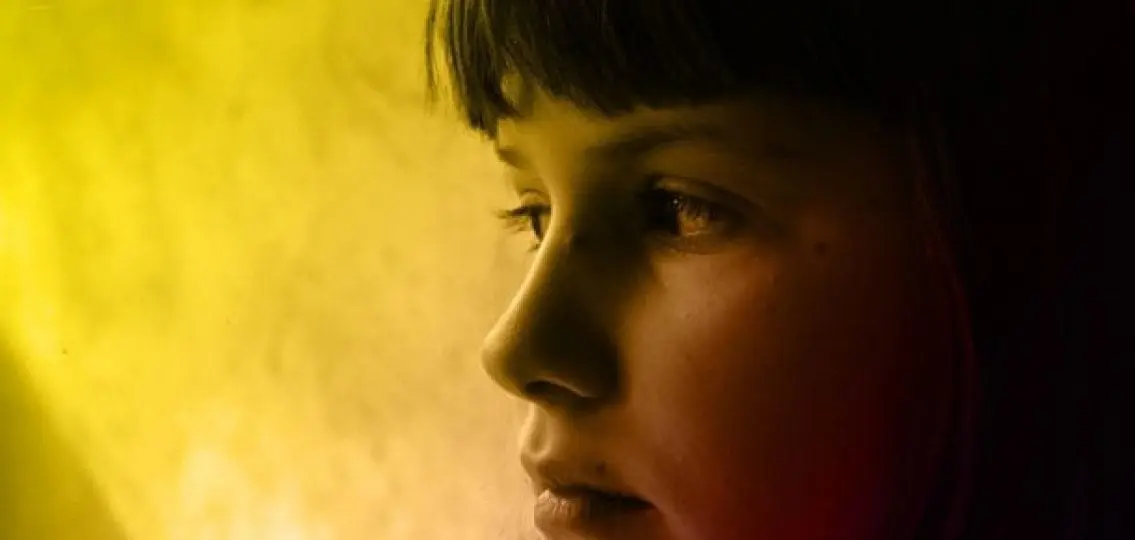Grief is overwhelming at any age. And for those of us on the outside, it can be hard to know what to do or say, particularly for children and teenagers. Your Teen contributor Dr. Reshma Shah recently spoke about how to help a grieving teenager or younger child with Jill Macfarlane, Development Director and Family Placement Coordinator for Salt Lake City’s Sharing Place.

Note from the author: I heard a segment on the National Public Radio show This American Life that was particularly interesting to me because it provided a unique perspective on helping children manage grief. It featured the Sharing Place, a grief support center for families in Salt Lake City, so I contacted the center to see if they would be willing to continue the conversation with me.
Q: I was really impressed by how direct some of your conversations with kids about death and grief are. Can you speak a little bit about those conversations?
Macfarlane: I want to preface the answer by saying that here at the Sharing Place, despite what the piece portrayed, we don’t focus just on “how the person died” but rather on the person and the memory of that person. We say over and over again that it does not matter how someone died but just that we loved them.
We do talk about the ways in which people die when kids have questions so that that they can process it in the correct way. Developmentally kids, especially for the younger ones, tend to have imaginative thinking such that they feel they caused the death of a parent or that they are going to catch their little brother’s cancer.
We advise parents that if the child is not asking the questions, don’t give them information that they may not be ready to hear. They will ask you the questions when they are ready. We just have to be there to answer them when they are, not when we are ready to “tell them” but when they are ready to listen.
Q: I can imagine that when a parent or another adult is dealing with their own grief that there can be a tendency to sometimes over-share?
Macfarlane: So often, the questions will come in stages. The child may ask, “How did daddy die?” The parent might say, “He died from suicide.” And that may lead to more questions. As the child is ready to learn more, they will ask more questions. You don’t need to sit your child down and talk about suicide but if the child asks the question, you should definitely answer truthfully.
Q: What’s the best advice you can give for someone that may be more peripherally involved in a child’s life, such as a teacher, friend or even a pediatrician, to express their concern in way that is helpful for the child?
Macfarlane: I would say don’t ask questions. Just be validating and supportive vs. peppering them with questions. Using reflective listening is really important so that the child feels heard. Instead of asking questions, we just listen and validate so they feel heard.
Sometimes it’s scary for adults to hear children use big words like suicide so they just ignore it and change the subject (maybe to protect other children in the room). So the kids don’t feel heard and in fact they feel like their feelings don’t matter.
Another thing I’ve heard from families over and over again is how much they appreciate when you bring their person up and use their name. It can be scary because you don’t want to upset someone or open up a wound. Often times people just won’t mention their person. But really it can be so meaningful to families. So instead of saying “how was it for you on Johnny’s birthday, was it hard for you?” offering “Hey I just remembered that it was Johnny’s birthday last week and I wanted you to know I was thinking about him”. Again, it’s the questions. People don’t want questions; they just want to know that their person is remembered and that they are loved.
Q: I’ve often seen situations where parents will feel they need to keep their emotions in check in front of their children. What’s the best way for parents to support their children when they themselves are dealing with their own feelings of grief and loss?
Macfarlane: I think it’s important for parents to normalize emotions in front of kids – “Mom’s sad and it’s ok for Mom to be sad because Mom loved Dad very much”. We talk a lot about all of your feelings are okay. The behaviors that may come along with the feelings may not always be okay but every feeling you have is okay.
We’ve often heard kids say Mom didn’t’ care about Dad because she never cried and then the kids don’t cry and there is a huge disconnect because everyone’s hiding their feelings from one another. Now if the parent isn’t getting out bed in the mornings, that may not be okay, but it’s okay for them to know you’re sad.
Q: Are the conversations usually pretty heavy or are you able to bring any joy or laughter into the groups?
Macfarlane: That’s the beauty of group sessions. You have these families that are new and so raw and then you have these families who are 2 or 3 years out and at point where they can smile and laugh. It’s such a great mentoring system, that these families on this end say, “Wow, I can get there” and the families on the other end are saying, “Look how far I’ve come”.
I tell kids all the time, especially the teens, that we have fun here. Our teens tend to stay the longest. They are the hardest to get here but they stay the longest. Our groups always focus on the memories of the people. Sometimes we cry but most of the time we share, we laugh and really get to know one another.
Q: What do you think is the biggest misconception surrounding grief and what do you think kids what would want us to know?
Macfarlane: I think they would want you to know that they want to talk about it. That they want you to remember their person and acknowledge them. They don’t want their person to be forgotten and they don’t wanted to be treated any differently. Especially for teenagers, they feel like they’ve become “that person whose brother died” and they don’t want to be treated any differently but they still want their person to be remembered.
Q: Do you have any suggestions on helping children with grief and loss, perhaps not at a personal level but a more community or even global level, like a death in the community or for instance the earthquakes in Nepal?
Macfarlane: I would say it’s the same basic message – be honest and in a developmentally appropriate way. Little kids may not understand earthquakes and school shootings. When they ask questions be prepared to answer them. If they aren’t asking the questions you don’t necessarily have to sit them down to talk about it. If they do ask, it’s important that the questions are answered truthfully and in language that they can understand.
Q: At what age do those sorts of question tend to come up?
Macfarlane: Usually 5th and 6th grade — the pre-teens are the ones that ask those sorts of questions. The younger kids are usually focused on their four walls. The pre-teens are beginning to see that there’s this whole world around them.

Q: Do you have any resources for parents that may not be in the Salt Lake City Area?
Macfarlane: The first group support center for children was The Dougy Center located in Portland, Oregon. We are a Dougy Center model. They have done training centers all over the country. They have a tremendous amount of resources on their site – tip sheets, how to talk to kids, a teen section, etc. There’s also the National Alliance for Grieving Children and they have a resource at childrengrieve.org that helps families find local support groups.




